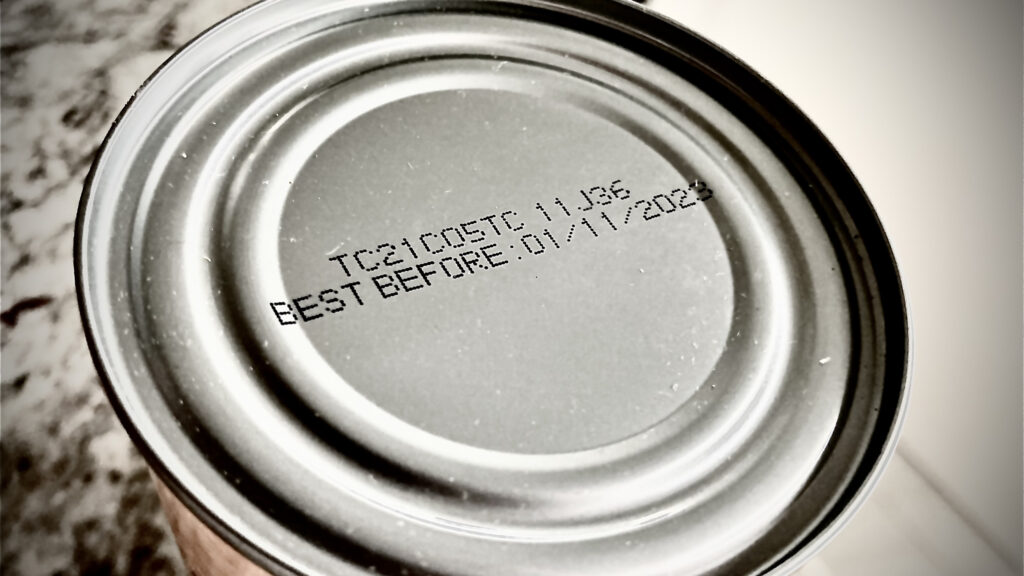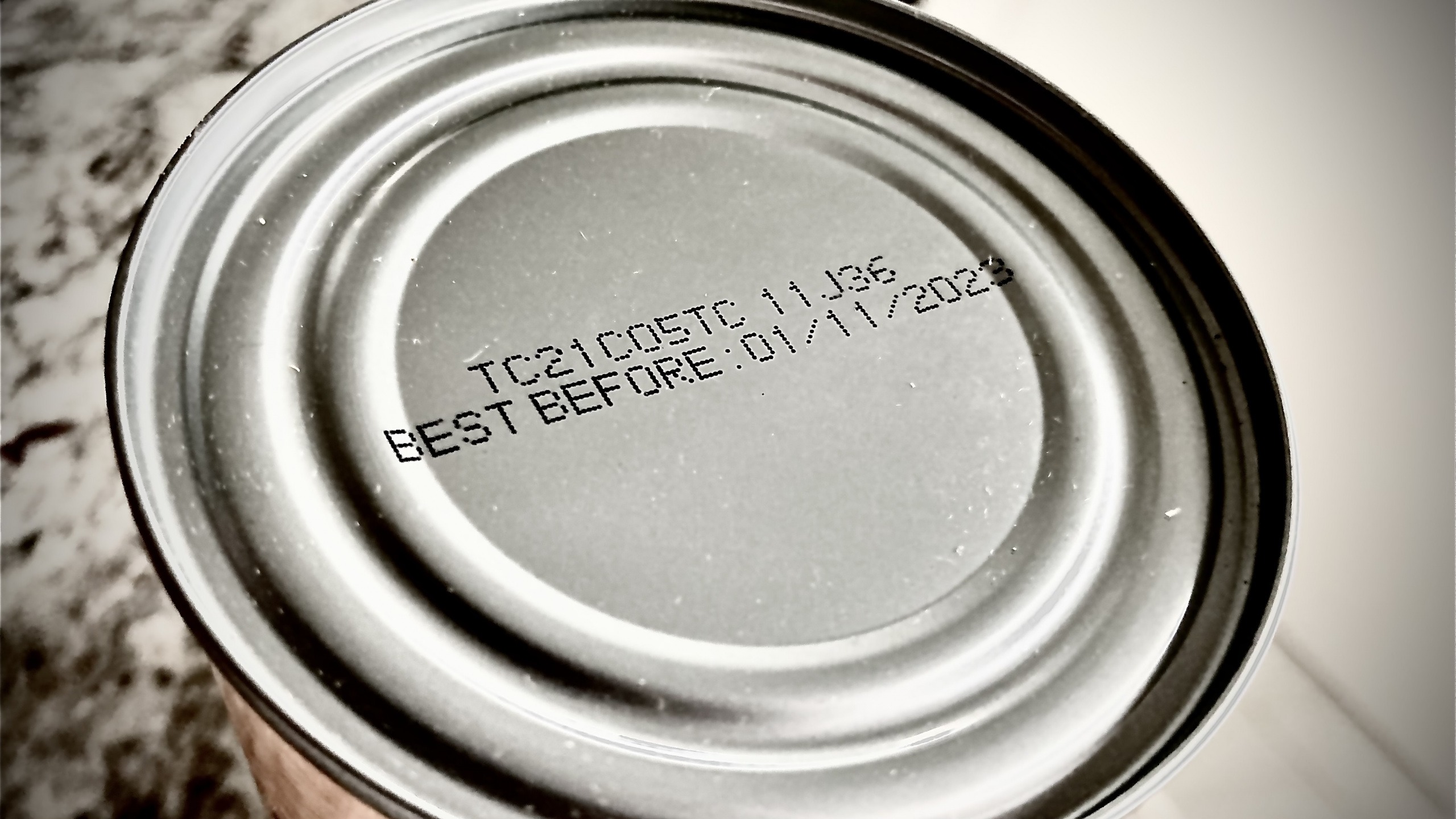How to Decide When to Toss Your Food?
So, do you need to dispose of food once these dates have come and gone? The answer is a resounding no — that is, unless the item is showing signs of spoilage. Besides funky smells, other noticeable signs of spoilage are changes in “color, consistency, or texture,” per the U.S. Food and Drug Administration (FDA).
As mentioned earlier, baby formula is an exception, and Shapiro notes it should not be purchased or used after the use-by date. It’s the only food item that requires a use-by date, enforced by the FDA.
“Until that declared date, the infant formula will contain no less than the amount of each nutrient declared on the product label and will otherwise be of acceptable quality,” according to the federal agency.
As for pantry items, you don’t have much to worry about. The date on the can refers to its peak quality, but it will last much longer. The USDA advises that low-acid foods (like canned tuna or vegetables) will “keep their best quality” for two to five years. On the other hand, high-acid foods (like canned pickles and fruit) tend to last for 12–18 months.
In some cases, canned foods may last longer. “If cans are in good condition (no dents, swelling, or rust) and have been stored in a cool, clean, dry place, they are safe indefinitely,” notes the agency.
And finally, a smart option is to freeze your food. As long as you do so right away — when it’s at its highest quality — meats, casseroles, soup, and frozen dinners will stay safe “almost indefinitely,” per the FSIS, since bacteria can’t grow in frozen temperatures.

pirg.org
Should You Be Concerned With Foodborne Illness?
There is one benefit to being overly cautious about heeding the information on food labels, and that’s the potential to avoid bacterial infection. Why? “The longer something’s around — if it has bacteria on it — the more likely it is that the bacterial growth will be such that’ll make you sick,” says Marler.
“There’s a certain infectious dose that’ll do that and it varies from bacteria to bacteria,” he continues.
He deems listeria — a foodborne bacterial illness — ”much more problematic,” because unlike most bacteria, it “grows well at refrigerator temperatures.” That means “the longer you keep it in your refrigerator, the more likely it is that it’ll reach an infectious dose high enough to make you sick,” he says.
Marler notes that while food labels aren’t designed for food safety, it’s good to pay attention to them in the unlikely case of listeria contamination.
Even so, if the product’s already contaminated, further refrigeration won’t help.
The takeaway: Eat your refrigerated food sooner rather than later.
Source: everydayhealth.com








Leave a Comment